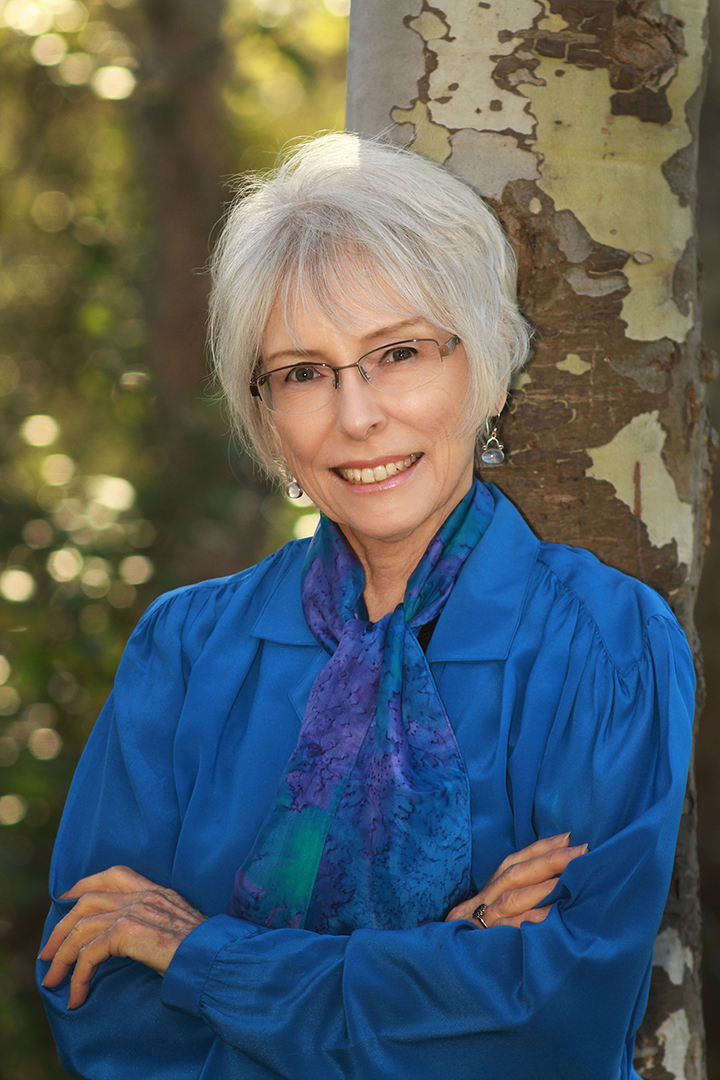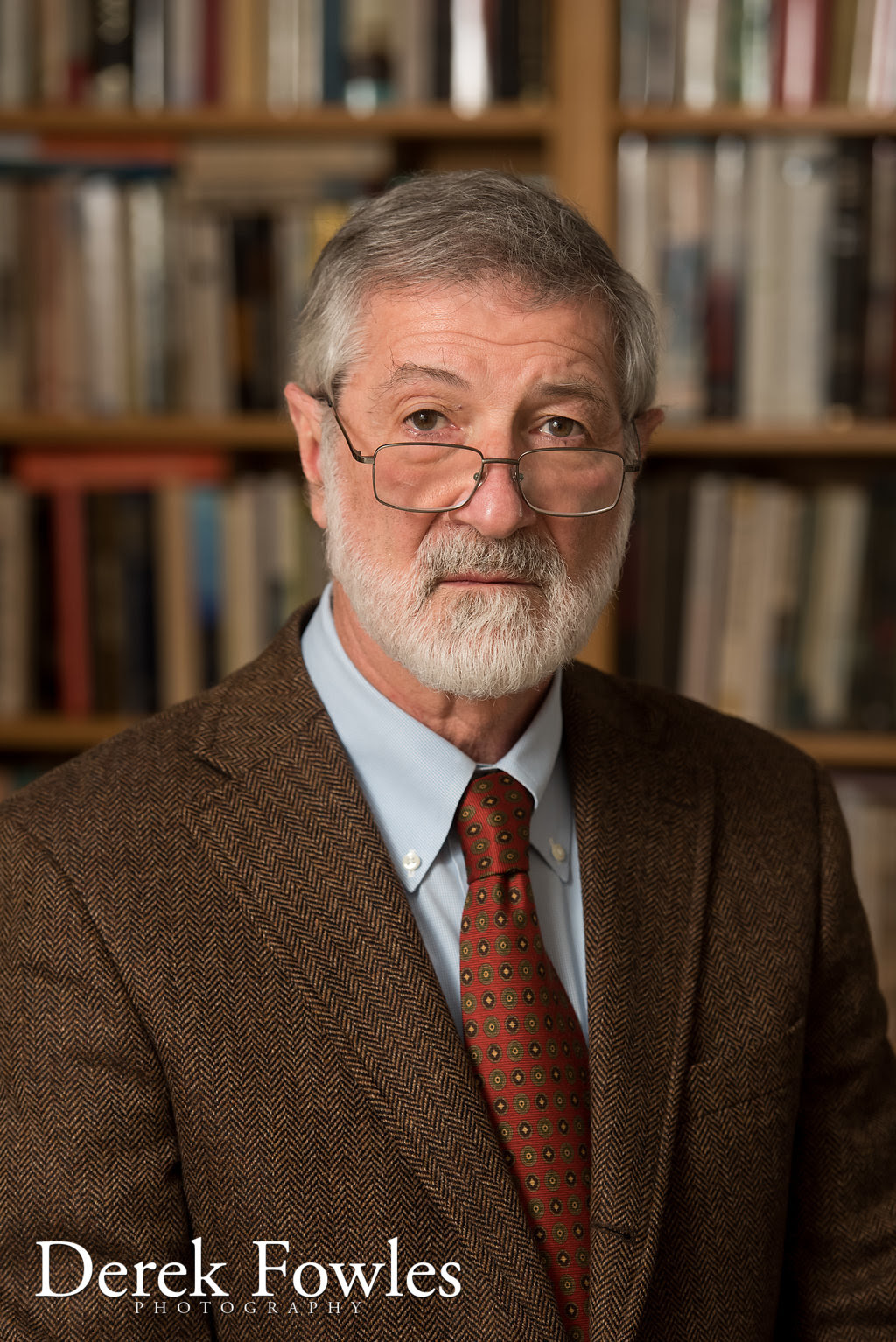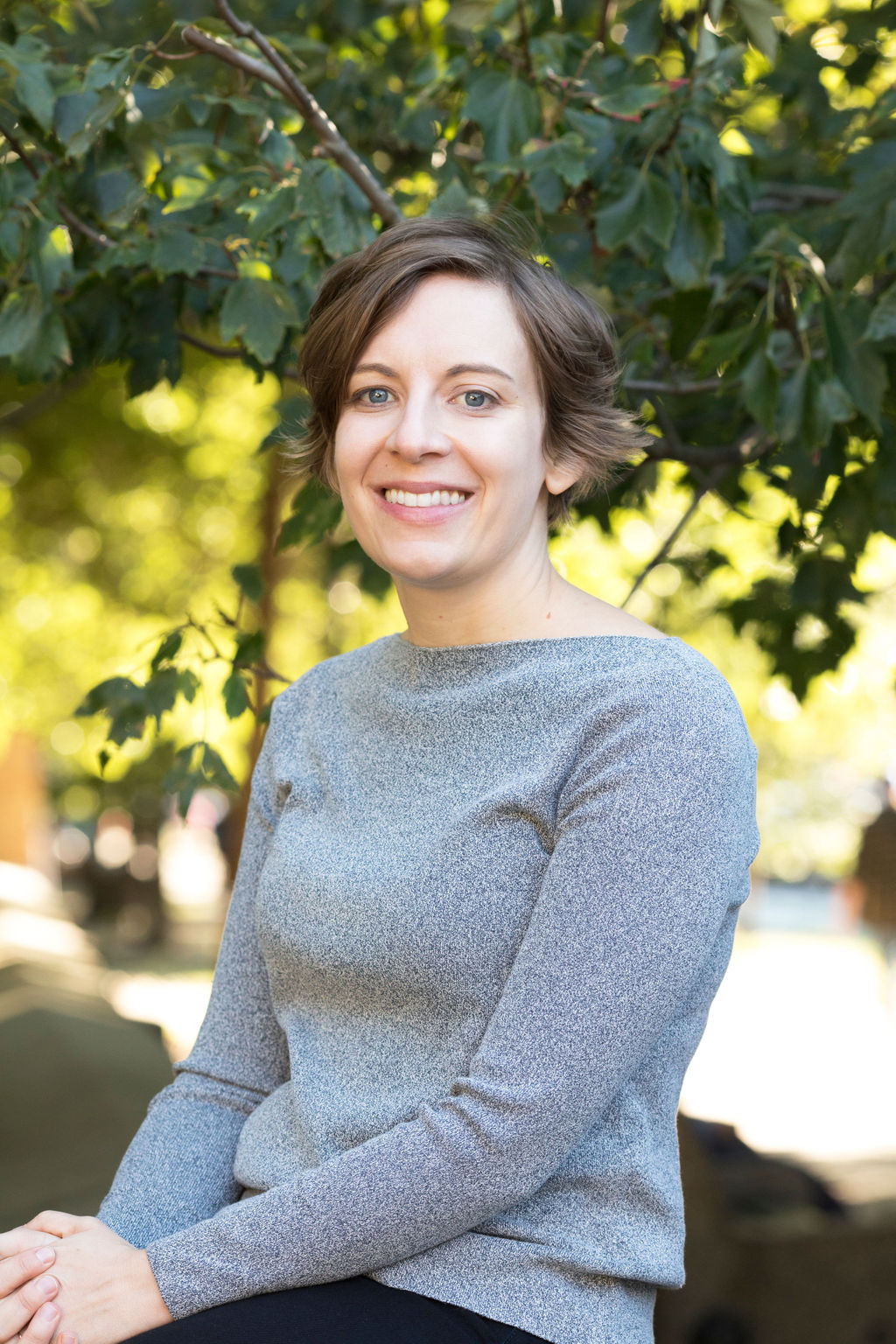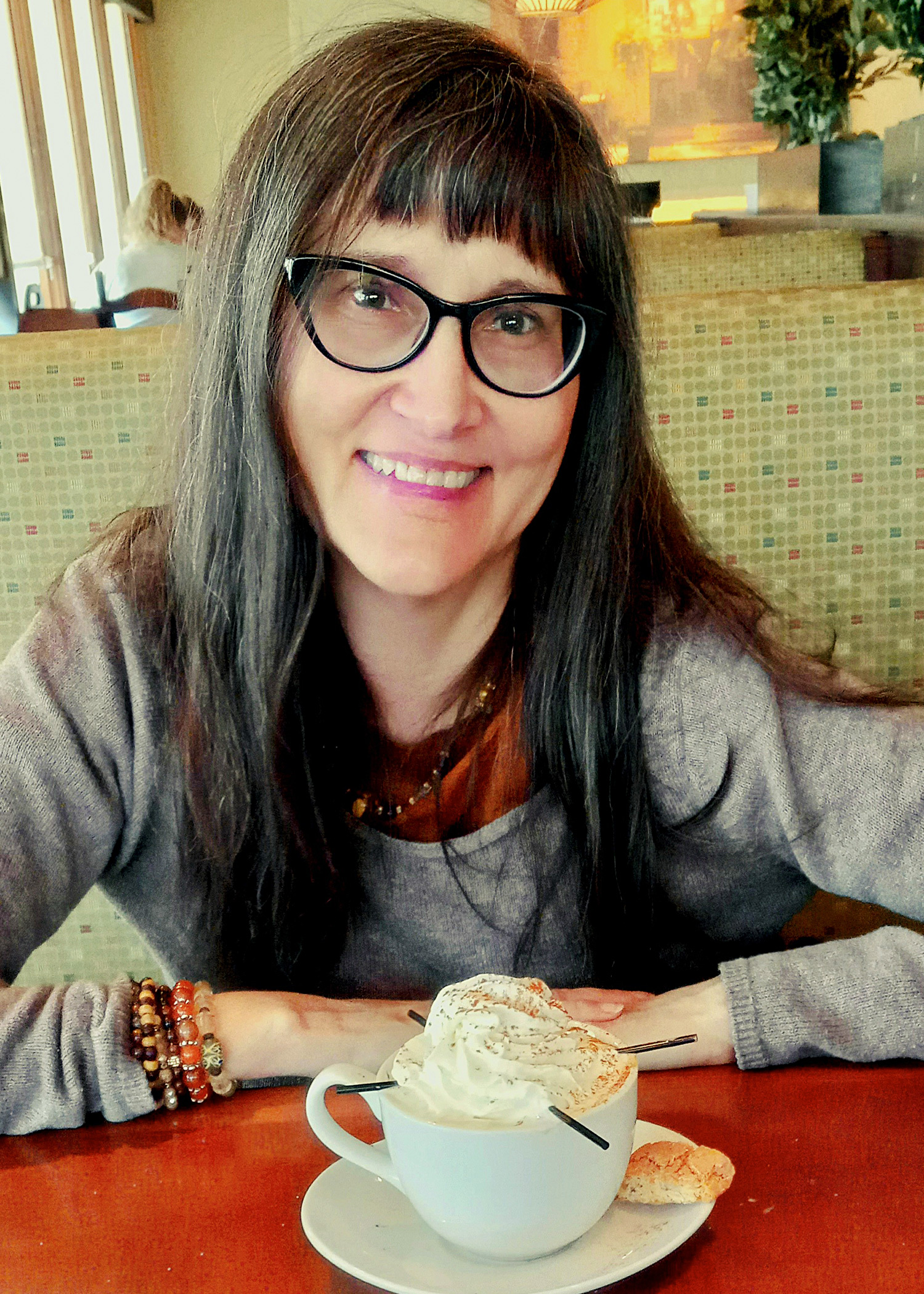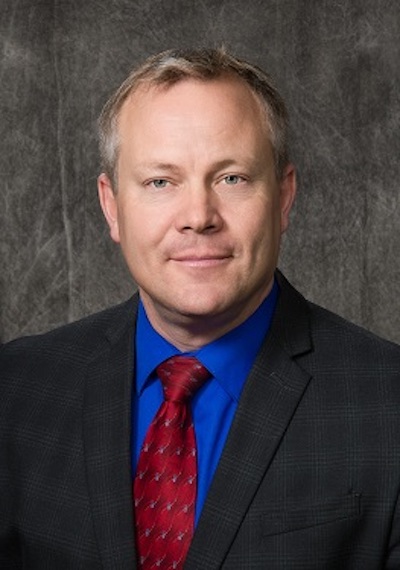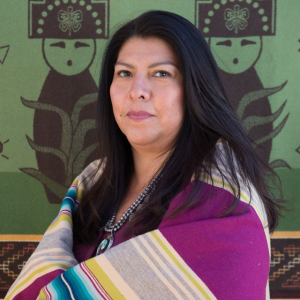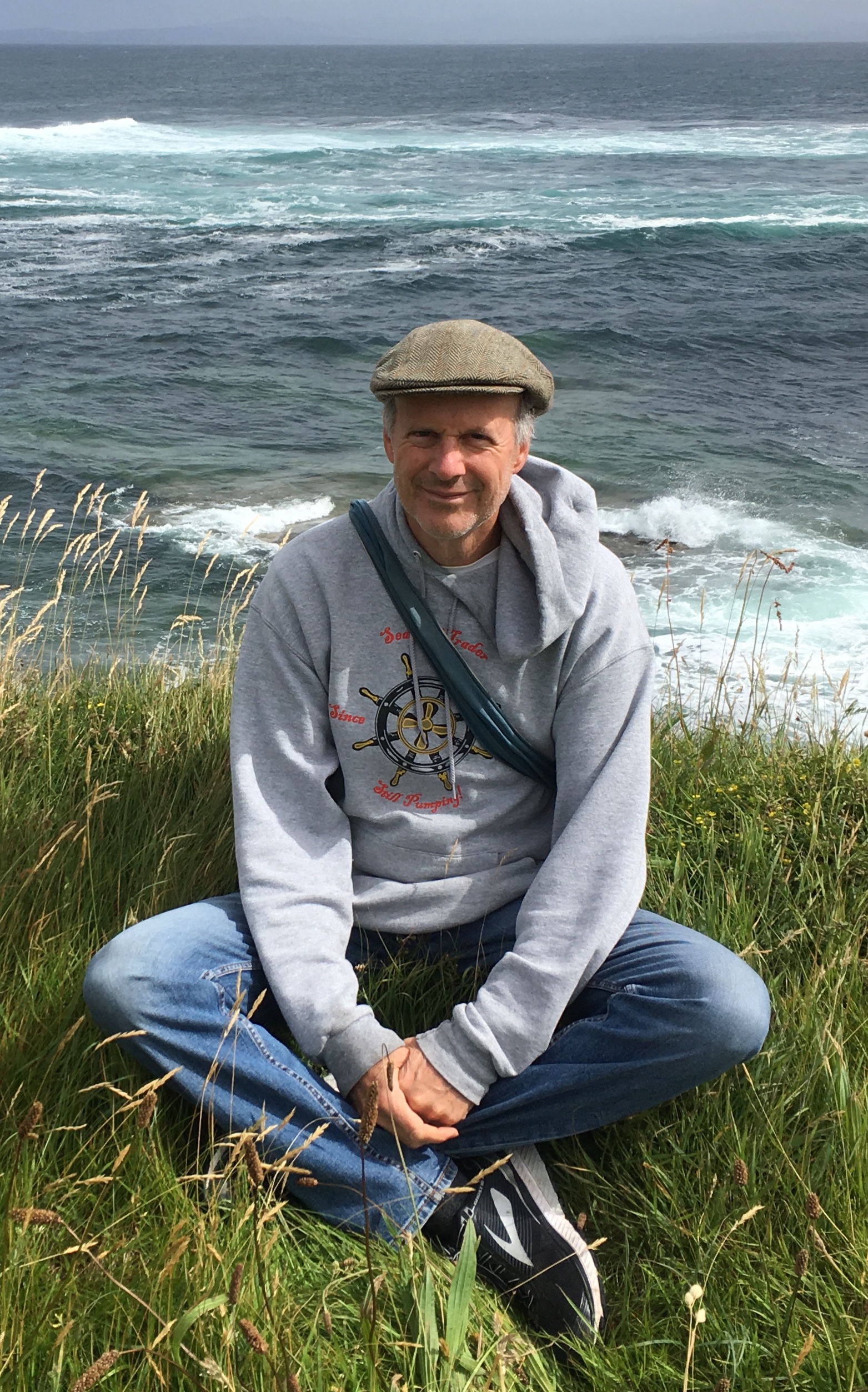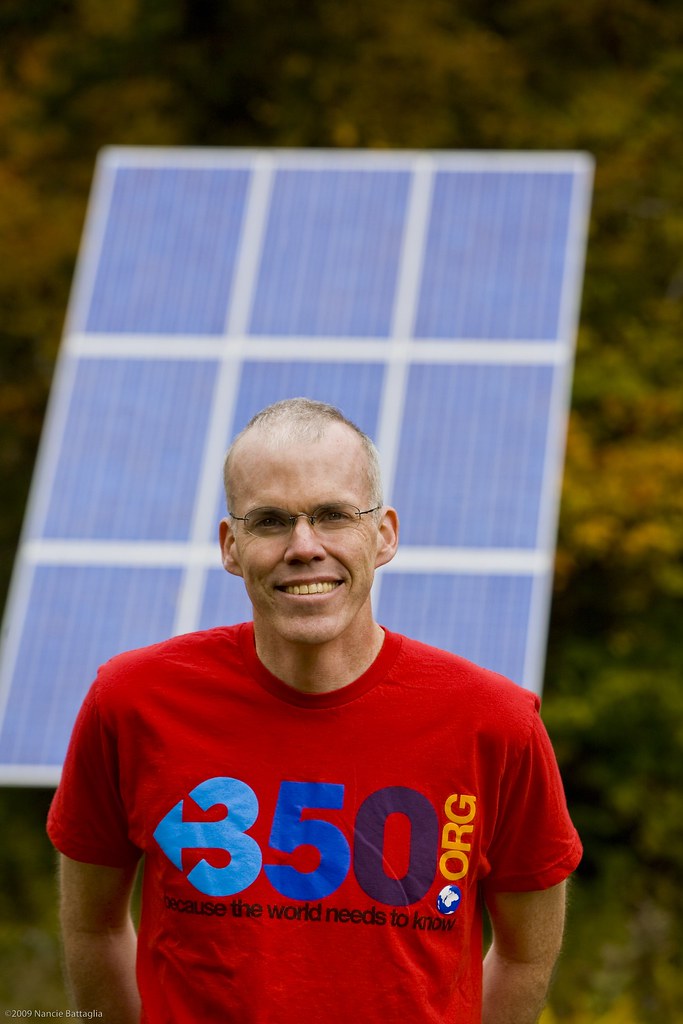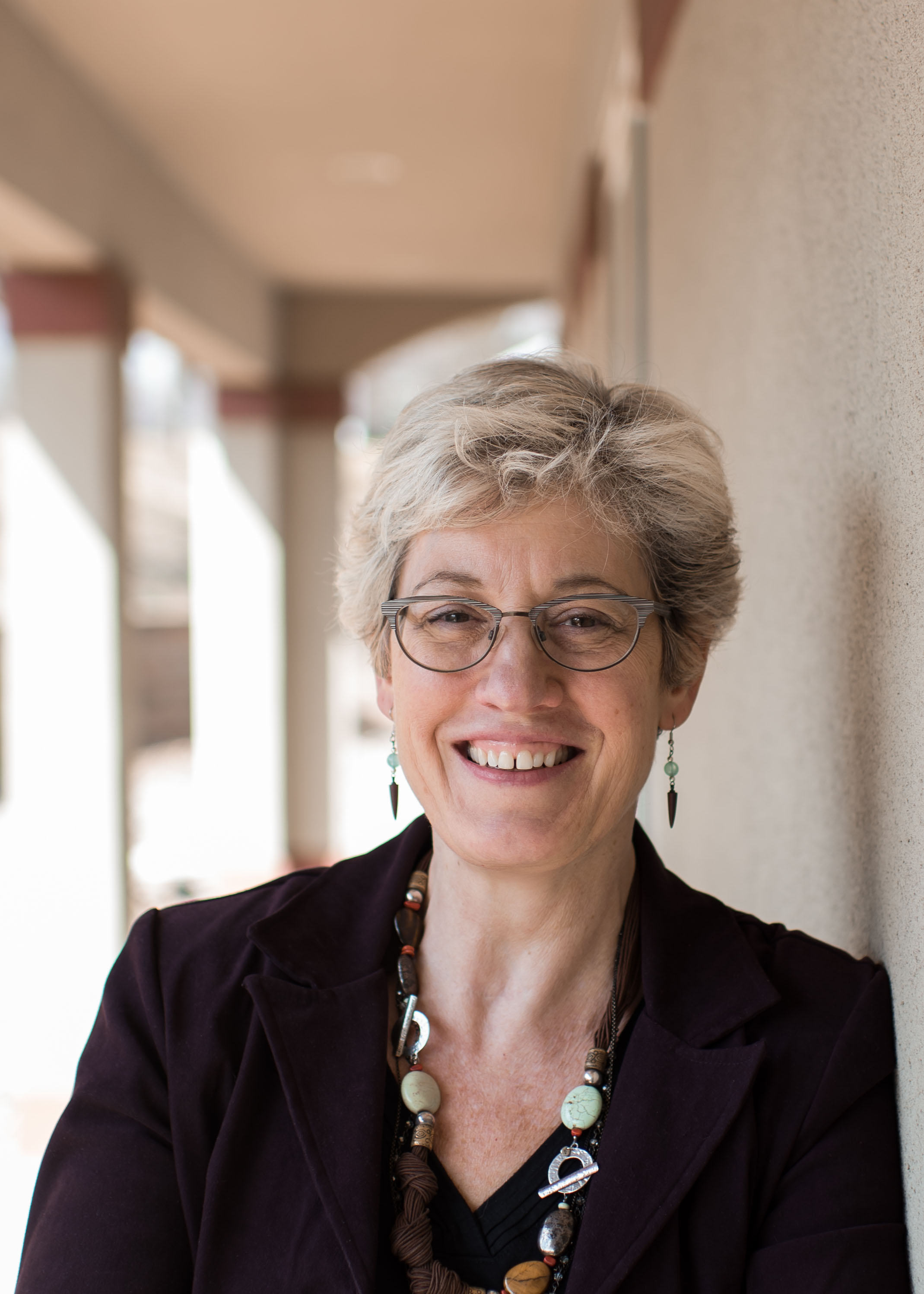
Schools, heat, climate org infighting, and food for the New Climate Era
Schools open amidst new challenges. Margaret Buckton, president of the Urban Education Network, joins me. Between school shootings, the residual impact of pandemic lockdowns, and Republican legislatures going nut job on K-12 schools, nearly 600,000 teachers have quit or retired across the US.
In Iowa, Senate President Jake Chapman kicked off the 2022 session by asserting that Iowa teachers had a “sinister agenda.” I guess you have to believe that to justify book bans, prevent teaching the history of racism, micromanage teachers’ work, and further degrade public education by shifting funds to private schools. Continue Reading →

